Artist: Baden Powell Album: Solitude on Guitar
Year: 1973Duration: 0:0-1
A of the Album: Solitude on Guitar by Baden Powell
Baden Powell is a Brazilian guitar virtuoso who has been called one of the most important musicians of the Brazilian music scene. He was born in 1937 and died in 2000, leaving behind a legacy of influential music that fused traditional Brazilian music with jazz, pop, and classical influences. One of his most notable works is the album Solitude on Guitar, released in 1971. In this post, we’ll take a of the album, discuss its music genre, the best songs, most innovative parts, and provide a final verdict on its worth in today's modern music industry.
Solitude on Guitar is a solo album that showcases Powell's skills as a guitar player and composer. Although it’s often categorized as jazz, the album has a broader range of influences. The songs mix classical music, bossa nova, and samba rhythms to create a unique sound that's both soothing and exciting to the listener. Powell explores different moods throughout the album, from the contemplative Serenata do Adeus to the cheerful Valsa Sem Nome, making it a versatile musical experience.
One of the best tracks of Solitude on Guitar is Canto de Ossanha, which translates to Chant of Ossanha. The song starts with a beautiful, slow-paced melody played on the guitar, followed by a lively rhythm that conveys the celebratory mood of an Afro-Brazilian religious ceremony. Powell's performance on Canto de Ossanha is remarkable, inspired, and serves as a highlight of the album.
The most innovative aspect of Solitude on Guitar is the way Powell uses silence and space to create tension and enhance the music's emotional impact. He knows how to control the tempo and build anticipation by using silences between notes in his melodies. It's easy to become entranced as he weaves his fingers across the fretboard with an effortless flow that only seasoned guitar players can achieve.
Despite the album's excellence overall, there are some criticisms to be made. Some songs on the album, such as “Paxiem” and Choro para Metronome, have a far more traditional Brazilian sound that may not appeal to non-Brazilian ears. Additionally, the song “canção de ninar meu bem” though beautiful, feels a bit disjointed from the rest of the album aesthetically. Nevertheless, these are minor critiques as a whole album experience.
In summary, Solitude on Guitar is an outstanding showcase of Baden Powell's talent as a composer and guitar player. It leaves no doubt as to why he is considered one of the most influential musicians of the Brazilian music scene. The album's unique mixture of styles makes it an exciting listening experience, and Powell's masterful use of silence and space shows a true mastery of the instrument. While some songs may be geared more towards Brazilian music enthusiasts, overall it’s a timeless album that proves Baden Powell's skill as an artist. Overall, Solitude on Guitar is a timeless classic that deserves to be included in every music fan's collection.
Baden Powell albums
Other #Bossa nova albums:
SIMILAR BANDS
balls, from 1 to 5, describe similarity between the two bands
SOMETHING NEW? LISTEN TO RADIOGENRE
SUGGESTED PLAYLISTS






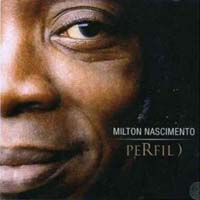

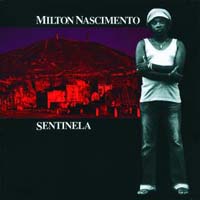
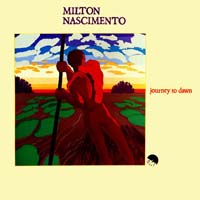


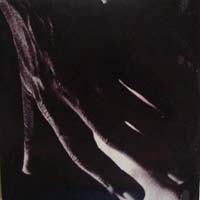
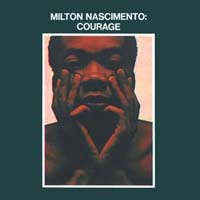
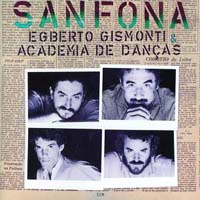
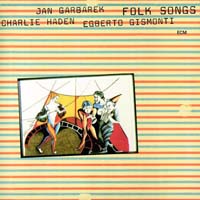

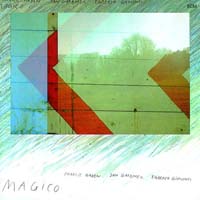
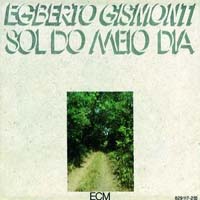
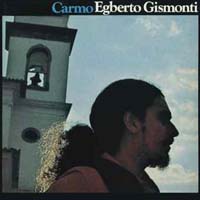
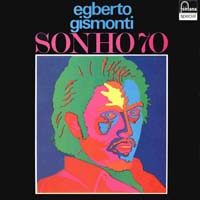




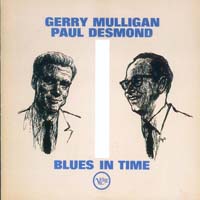


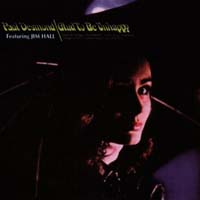





 Screamo
Screamo 2step
2step Nu jazz
Nu jazz Dancehall
Dancehall Hard rock
Hard rock Gangsta rap
Gangsta rap Progressive rock
Progressive rock Neapolitan Music
Neapolitan Music Electro punk
Electro punk Minimal
Minimal The very best of deep dub
The very best of deep dub The very best of jump up
The very best of jump up The very best of dance pop
The very best of dance pop Punk generation
Punk generation The very best of rock
The very best of rock The very best of world music
The very best of world music The very best of italian alternative rock
The very best of italian alternative rock The decadence of the cemeteries
The decadence of the cemeteries The very best of dubstep
The very best of dubstep Freedom
Freedom